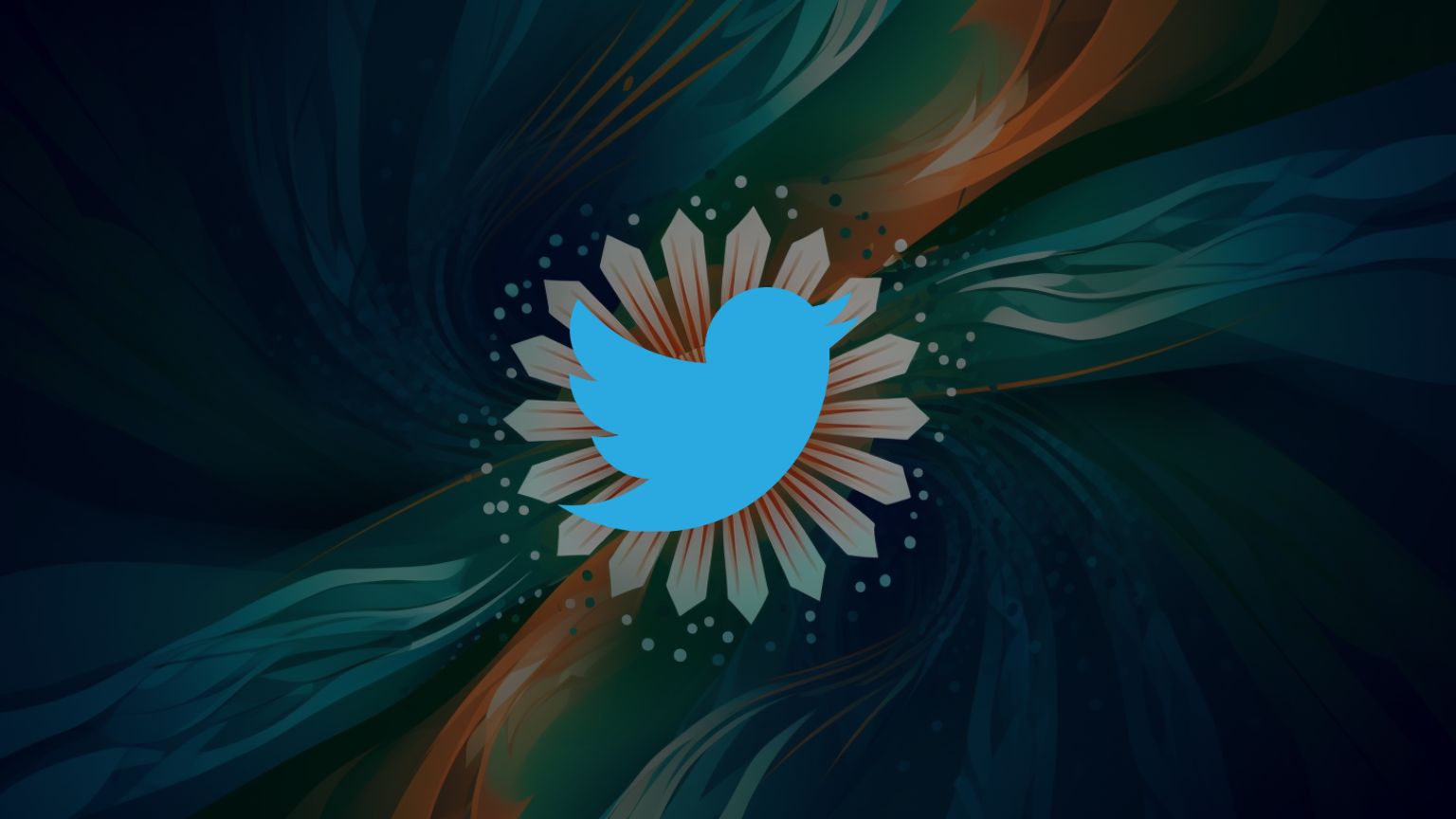The Indian government amended its IT Law of 2021 to ban social media platforms from publishing and hosting “misleading” or “false information” about the government and to require them to rely on the government’s own fact-checking unit for authentic information.
Non-compliance with the law will result in a platform losing its safe harbor protections in the country.
The law, which was first proposed in January, will see the creation of a “fact-checking” unit of the government that will have arbitrary and over-broad powers to determine what information is authentic.
According to digital rights group Internet Freedom Foundation, headquartered in New Delhi, the law bypasses natural justice principles.
“The notification of these amended rules cement the chilling effect on the fundamental right to speech and expression, particularly on news publishers, journalists, activists, etc. The fact check unit could effectively issue a takedown order to social media platforms and even other intermediaries across the internet stack, potentially bypassing the process statutorily prescribed under the Section 69A of the IT Act, 2000,” added the Internet Freedom Foundation.
The amendment also cracks down on online games that allow betting. Platforms will be required to ban apps that allow betting or wagering of any kind, including fantasy sports gaming.
Amid concerns over the fact-check rules, Union Electronics and Information Technology Minister Rajeev Chandrasekhar has ignored the criticism, labeling it as “deliberate misinformation” that the rules are “draconian.”
However, he also said, “social Media intermediaries will have the option to follow or disregard fact checking finding. If they choose to disregard fact checking, the only consequence is that the concerned department can pursue legal remedy against the social media intermediary,” the minister said.
This comes as key political figures, Sitaram Yechury, have labeled the Information Technology (Intermediary Guidelines and Digital Media Ethics Code) Amendment Rules as draconian and granting broad powers to the Press Information Bureau for censoring content on social media platforms.






















